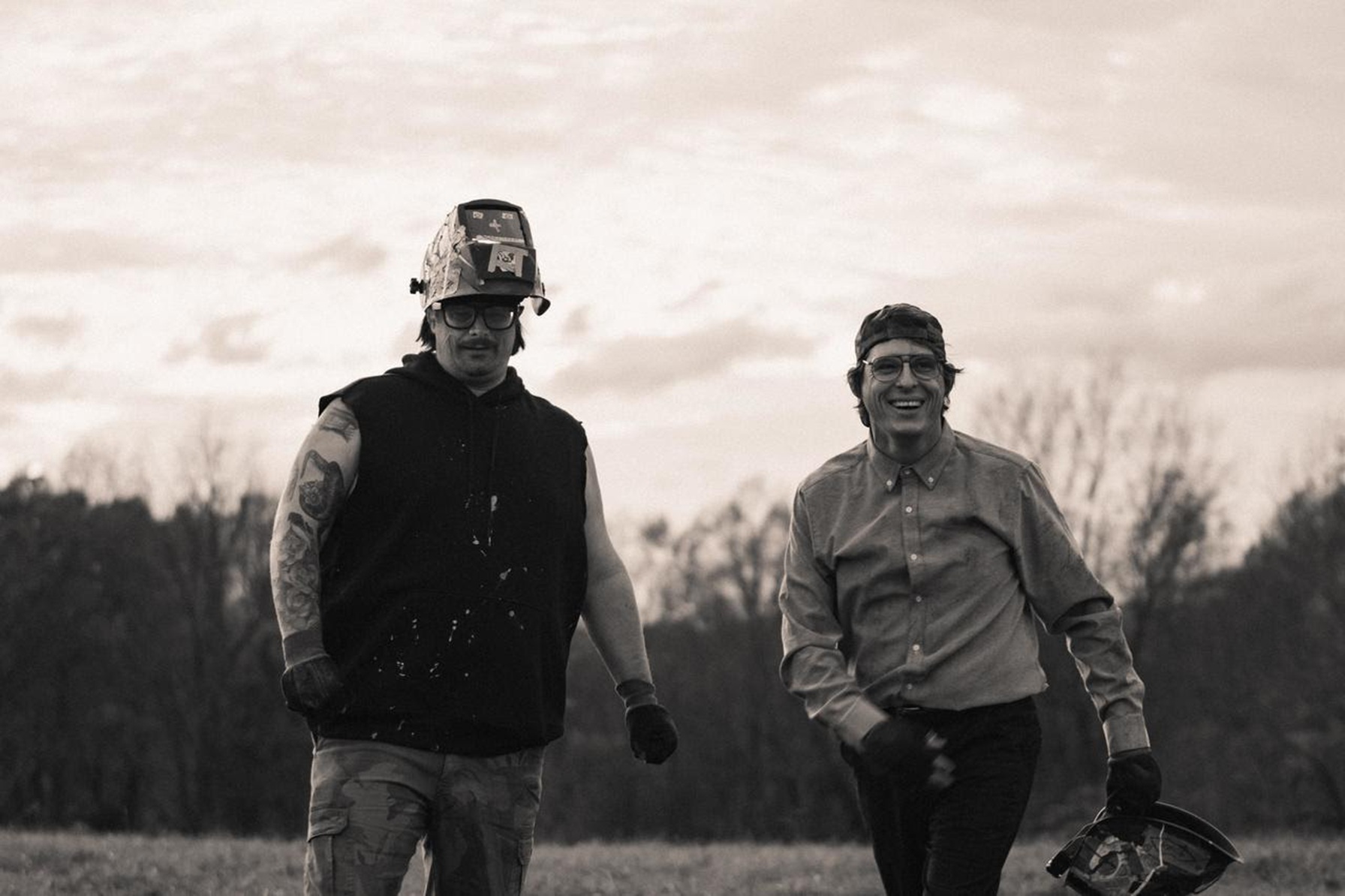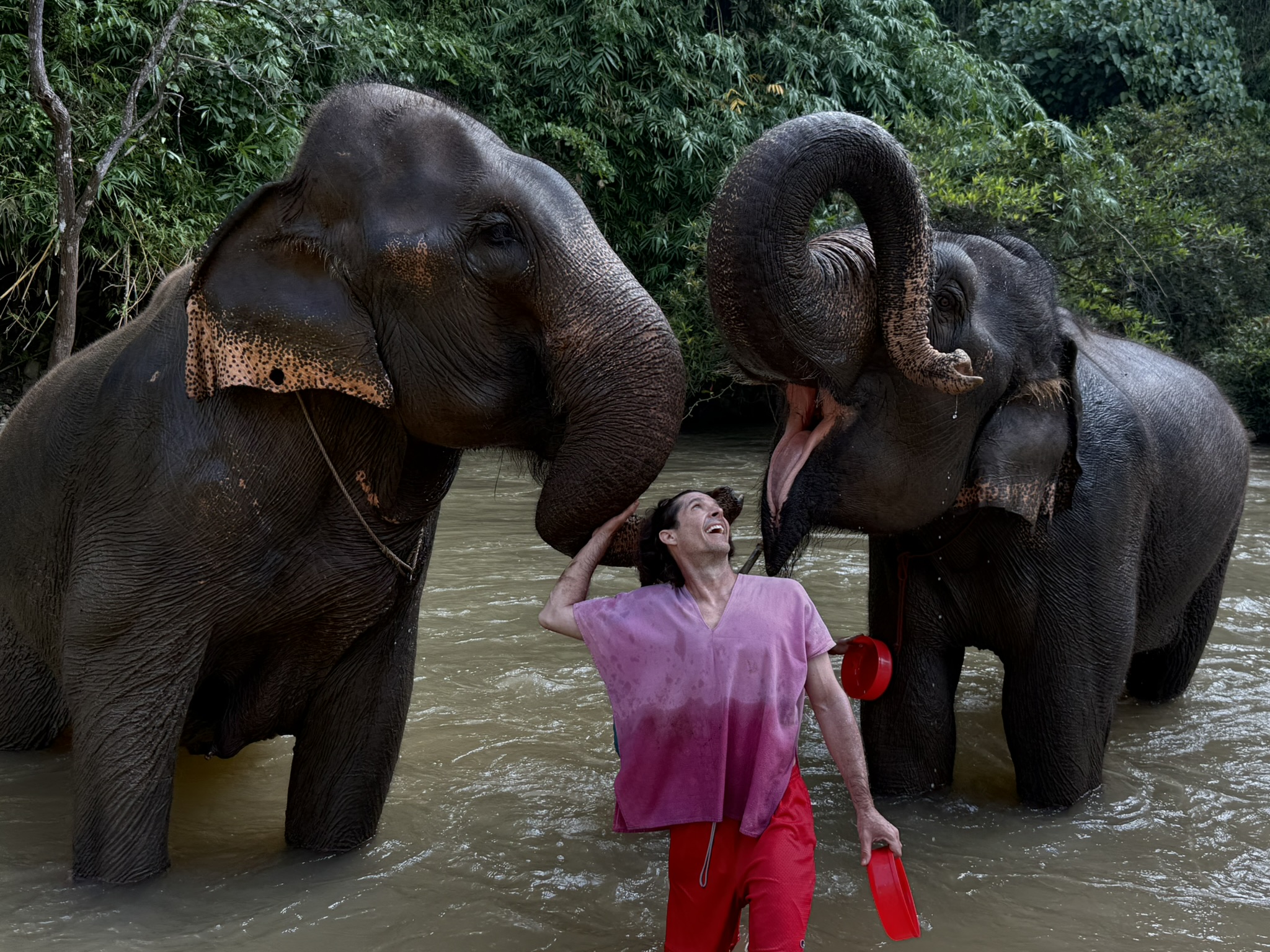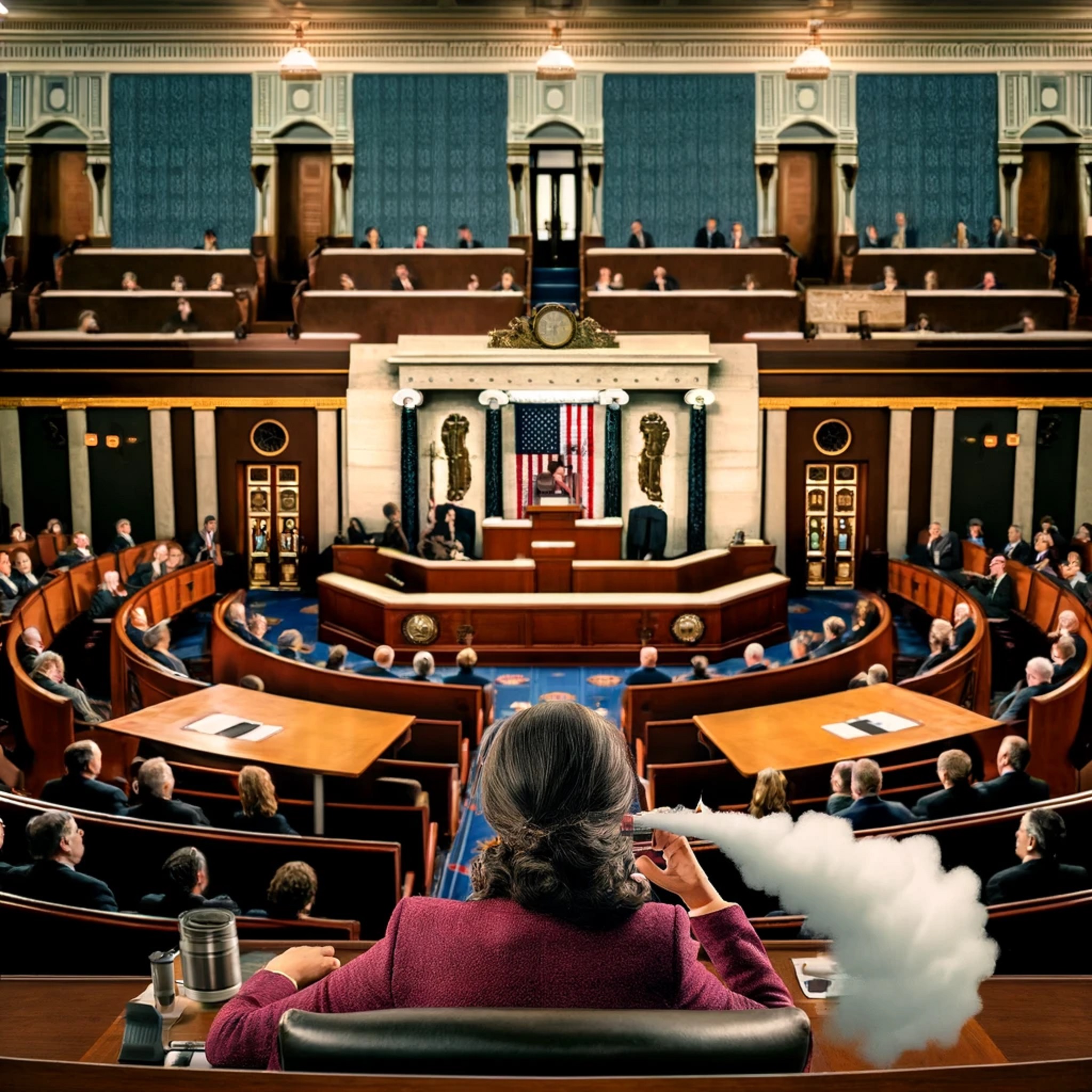South Dakota Governor Kristi Noem’s recent nomination as Secretary of Homeland Security by Donald Trump has sparked both anticipation and controversy. Known for her alignment with Trump’s policy views, Noem is now poised to oversee key federal agencies, including Customs and Border Protection (CBP), Immigration and Customs Enforcement (ICE), and the Federal Emergency Management Agency (FEMA). Yet, amid discussions of her suitability for the role, another aspect of her record is raising red flags—one that sheds light on her approach to leadership, accountability, and empathy.
In her 2024 memoir, No Going Back, Noem recounts the story of her pet dog, Cricket, whom she euthanized after deeming it “dangerous” and “untrainable.” The incident occurred after the dog disrupted a hunting trip and allegedly attacked a neighbor’s chickens. Rather than seeking professional training or alternative methods, Noem chose to end Cricket’s life herself. This decision, though legal under South Dakota law for animals that threaten livestock, has nonetheless sparked criticism from animal rights advocates and citizens alike who view the act as deeply concerning.
Questioning Compassionate Leadership
The decision has reverberated through the animal welfare community, raising questions about whether Noem embodies the empathy, responsibility, and adaptability that so many feel are crucial in any public leadership role. Experts in animal behavior suggest that a range of humane interventions could have been explored to manage Cricket’s behavior without resorting to lethal action. The incident highlights what some perceive as a lack of compassion and accountability—qualities many believe are essential in a leader entrusted with the well-being of both people and animals.
Loyalty Over Qualification?
Noem’s nomination also speaks to a broader concern regarding Trump’s cabinet selections. Her alignment with Trump’s policy views is clear, but her qualifications for overseeing a department as complex as Homeland Security are less so. This is, after all, a role that will involve responding to national emergencies, managing immigration, and upholding border security. Critics argue that loyalty to the administration's ideology appears to be prioritized over expertise in this case, and Noem’s record offers little in terms of the extensive experience typically expected for such a critical post.
Animal Welfare and Public Sentiment
In the wake of this nomination, reactions have poured in from animal rights advocates and concerned citizens alike. For many, this choice signals a disregard for compassionate values. The act of euthanizing Cricket may seem inconsequential to some, yet to those who see compassion and responsibility as cornerstones of leadership, it is a revealing glimpse into Noem’s approach. In the face of public criticism, Noem has defended her actions, citing her responsibilities as a ranch owner. But this reasoning has done little to assure those who believe that any leader tasked with the safety of millions should exhibit a more humane outlook on life—animal and human alike.
A Call for Responsible Leadership
Grateful Web remains committed to advocating for leaders who demonstrate not only the qualifications for their roles but the compassion and responsibility that underpin ethical decision-making. The challenges America faces—domestic, environmental, and beyond—require leaders whose judgment reflects both experience and empathy. Noem’s nomination, framed by her past decisions and recent controversies, raises critical questions about the values we hold for those in public office. In a time of complex national and global issues, our leaders should embody empathy, experience, and a genuine commitment to public welfare, qualities that many feel are currently in question.
In selecting public servants for high office, it’s essential to prioritize experience, character, and a humane perspective. Anything less may reveal a troubling direction, one that disregards the virtues that resonate with the spirit of humane and inclusive governance.





















